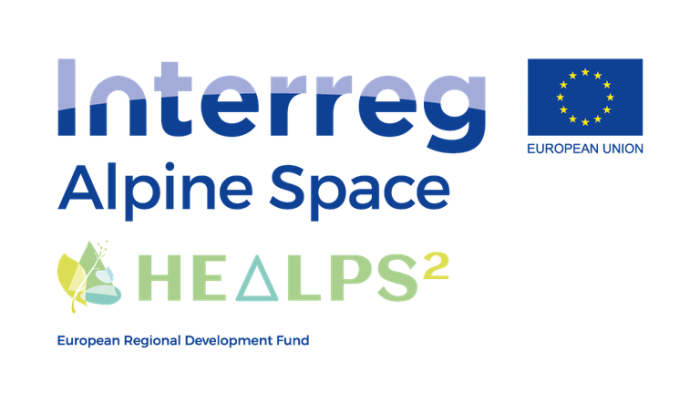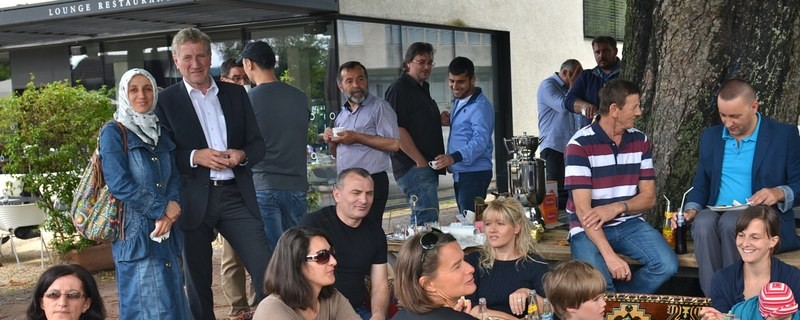PlurAlps
project aim
Developing a culture of welcome for a more attractive rural environment with greater social cohesion.
project runtime:
2016 - 2019 (completed)
partners:
Regional Development Vorarlberg, CIPRA International Lab GmbH, Regional Development Agency Upper Styria East GmbH, Community Network Alliance in the Alps, European Academy of Bozen, Piemont Region, Franco Demarchi Foundation, Urban Planning Institute of the Republic of Slovenia, Auvergne Rhone-Alps Region, Lucerne University of Applied Sciences and Arts
budget:
€ 2,7 M.: 85% European Regional Development Fund (ERDF): Interreg Alpine Space Programme and 15% Federal Ministry for the Environment, Nature Conservation and Nuclear Safety Germany (BMU).
topics:
funding bodies:
Co-financed by: European Regional Development Fund (ERDF): Interreg Alpine Space Programme; Federal Ministry for the Environment, Nature Conservation and Nuclear Safety Germany (BMU).
The Alpine region will face the combined challenges of an ageing society and new migration models in the coming years. This development, however, can also entail opportunities for social innovation through diversity and consciously pursued pluralism. Rural and mountain areas in particular need new approaches to develop a well-established culture of welcome. PlurAlps aims at supporting municipalities, companies and civil society in the development of such a culture of welcome, thereby fostering the attractiveness of and the social cohesion in rural areas.
In this project, the "Alliance in the Alps" local authority network, together with at least 10 pilot municipalities in 7 Alpine countries, develops a tool for mid and long-term social community planning.
The social community planning tool is comprised of two elements:
- A questionnaire encompassing different fields of action (e.g. local supply, mobility, living space, care, child care, ...) is available online. This user friendly online tool lists statistical indicators and also the services and facilities available in the municipality. The prime focus lies on the following main questions:
- What is the quality of life of immigrants and non-natives? How can their quality of life be improved?
- Which services in the municipality foster a quick integration for all types of immigration – from internal to forced migration?
- A guideline supporting the process. This guideline contains a description of the workshops with suggestions for the project group set-up and also a manual for the development of an action plan and a self-assessment scheme. The action plan shall contain measures to improve, complement and expand the existing facilities and services.
This project is co-financed by the European Regional Development Fund (ERDF) via Interreg Alpine Space Programme and the Federal Ministry for the Environment, Nature Conservation and Nuclear Safety Germany (BMU).


